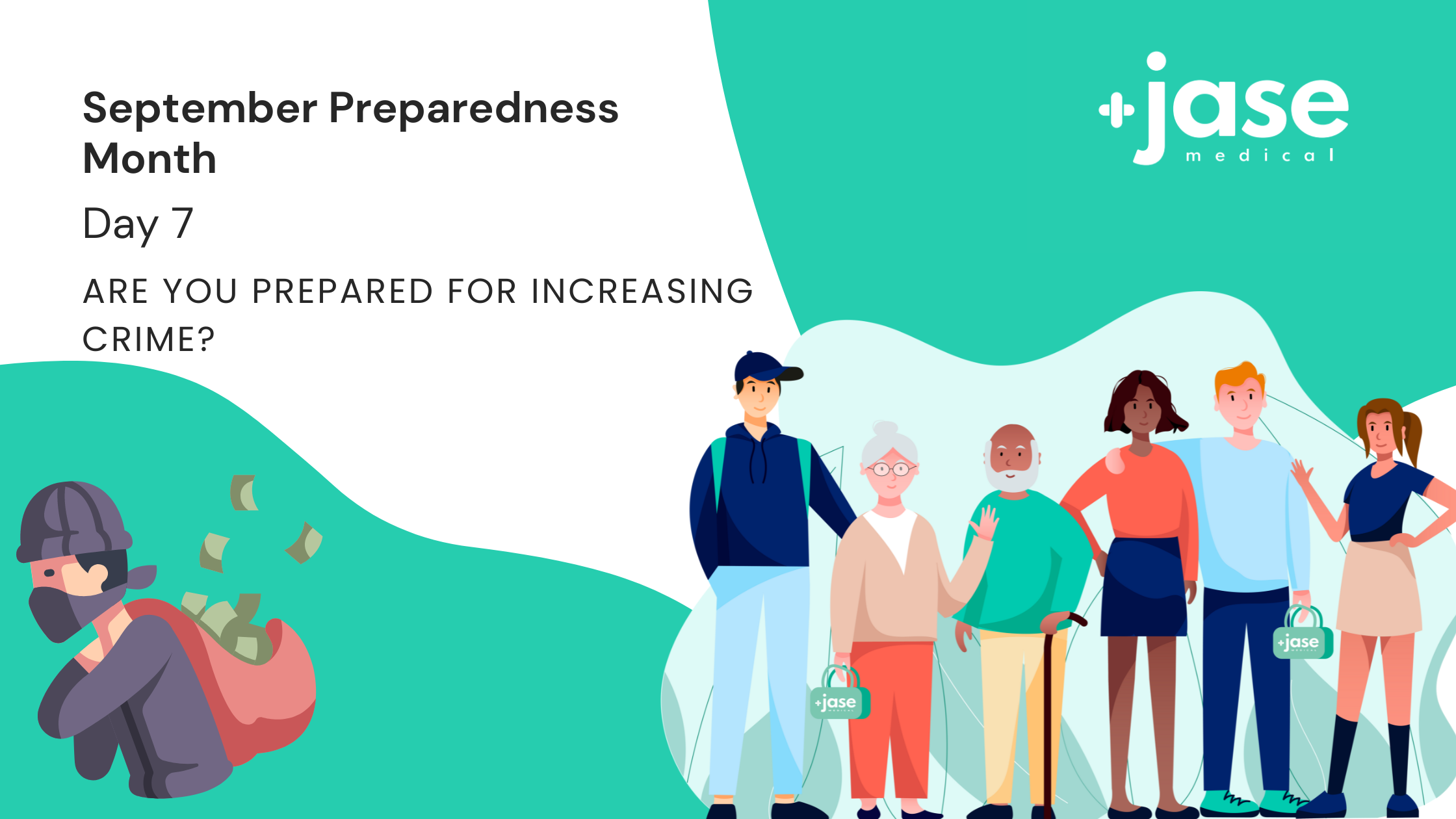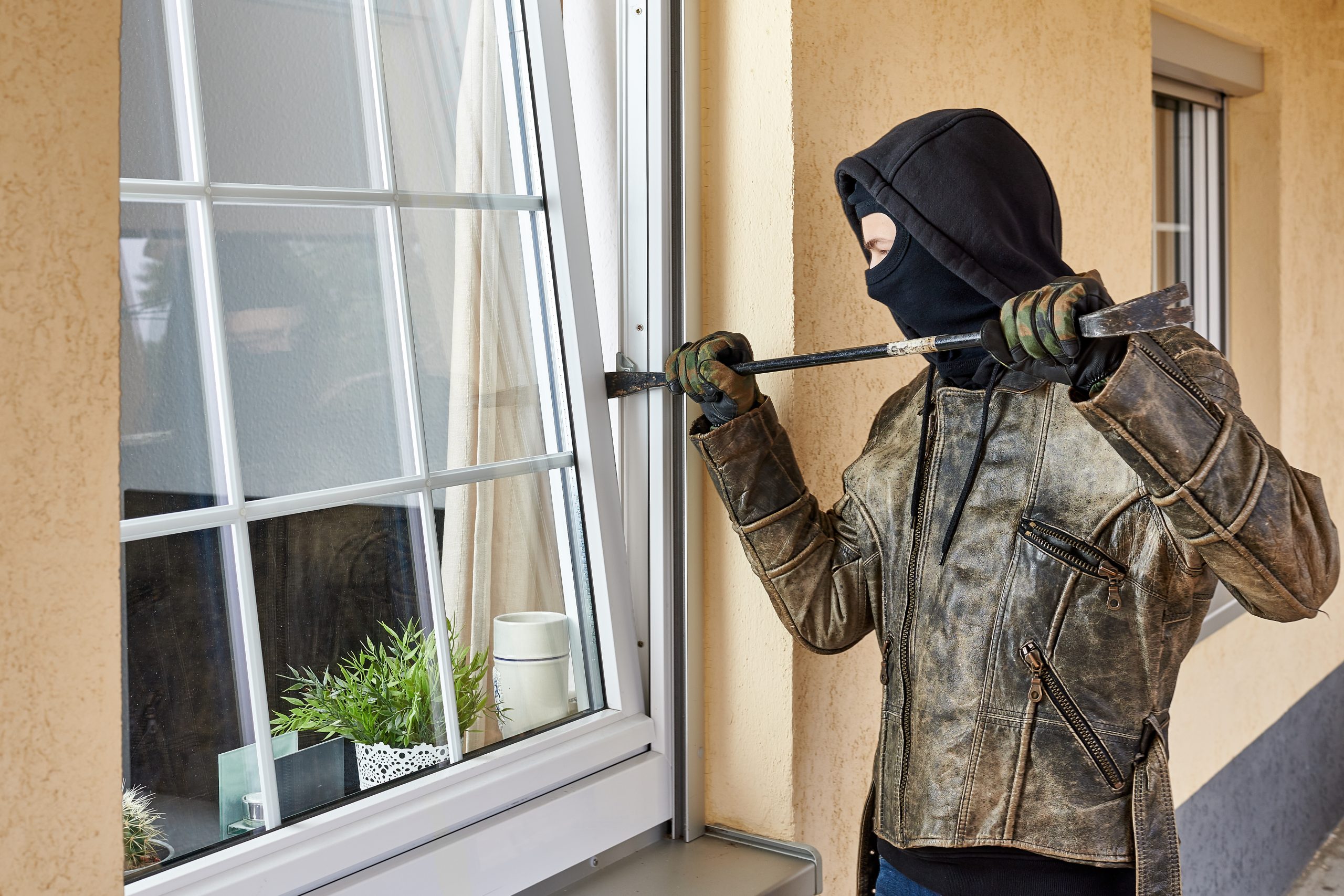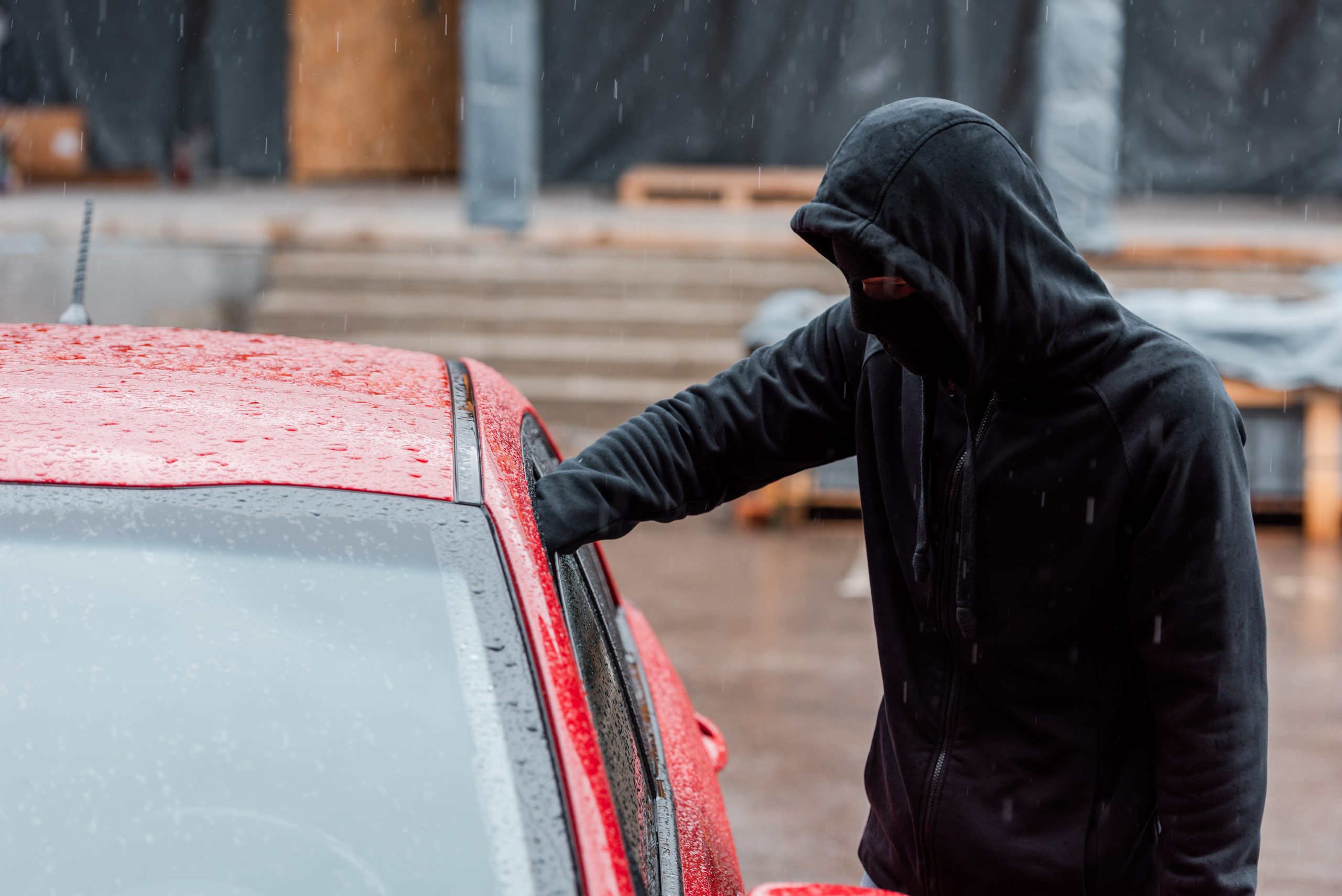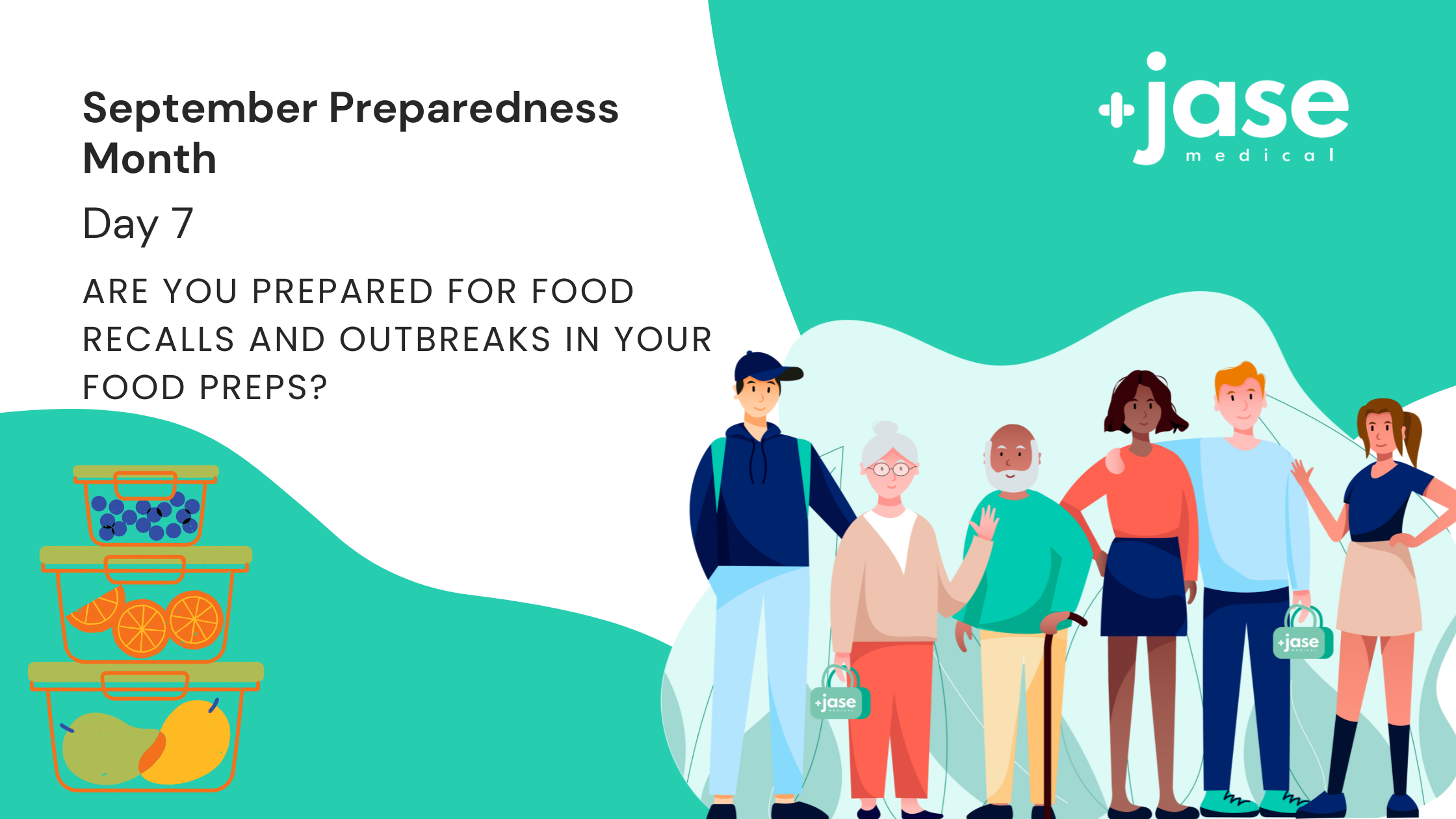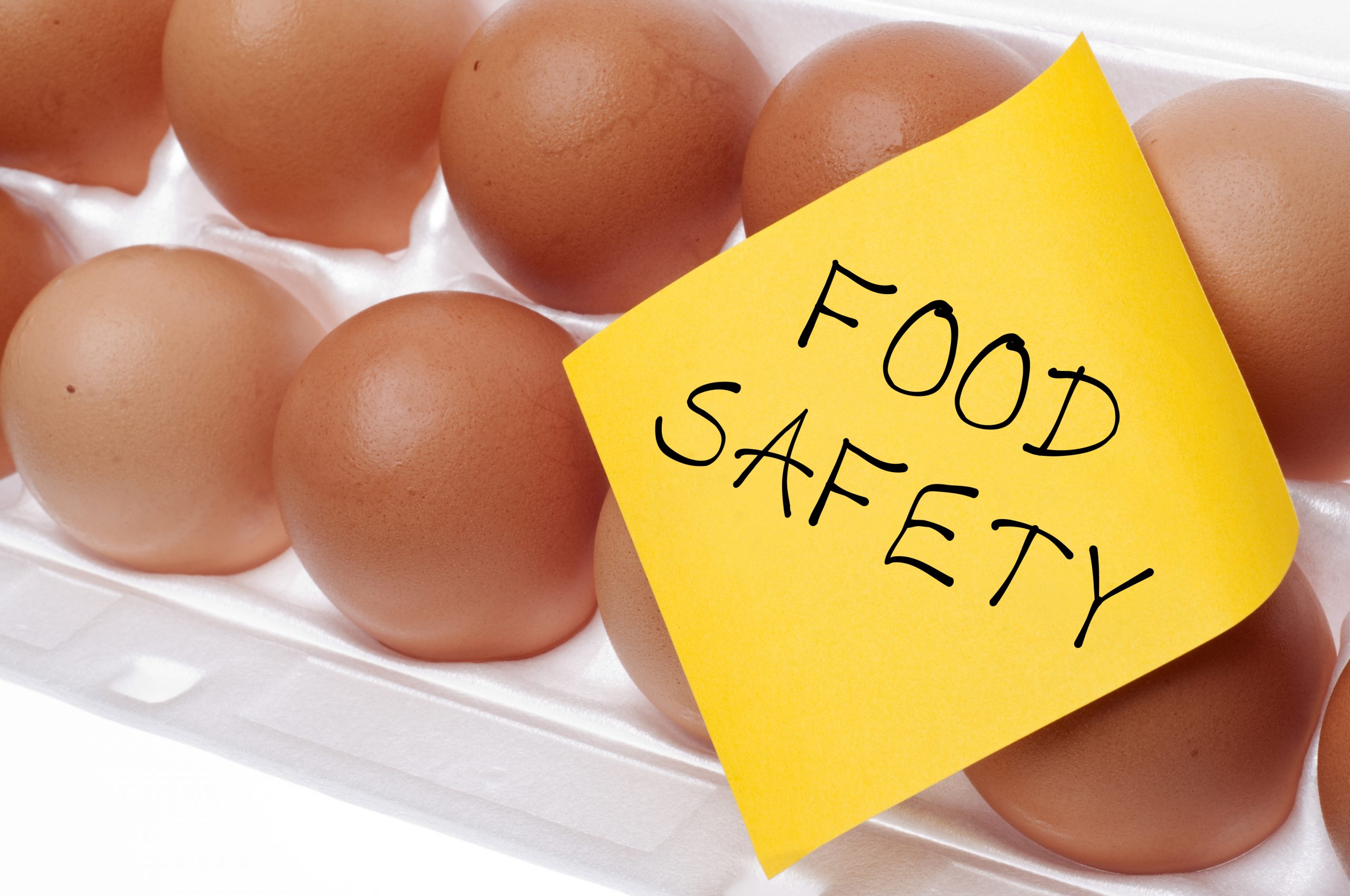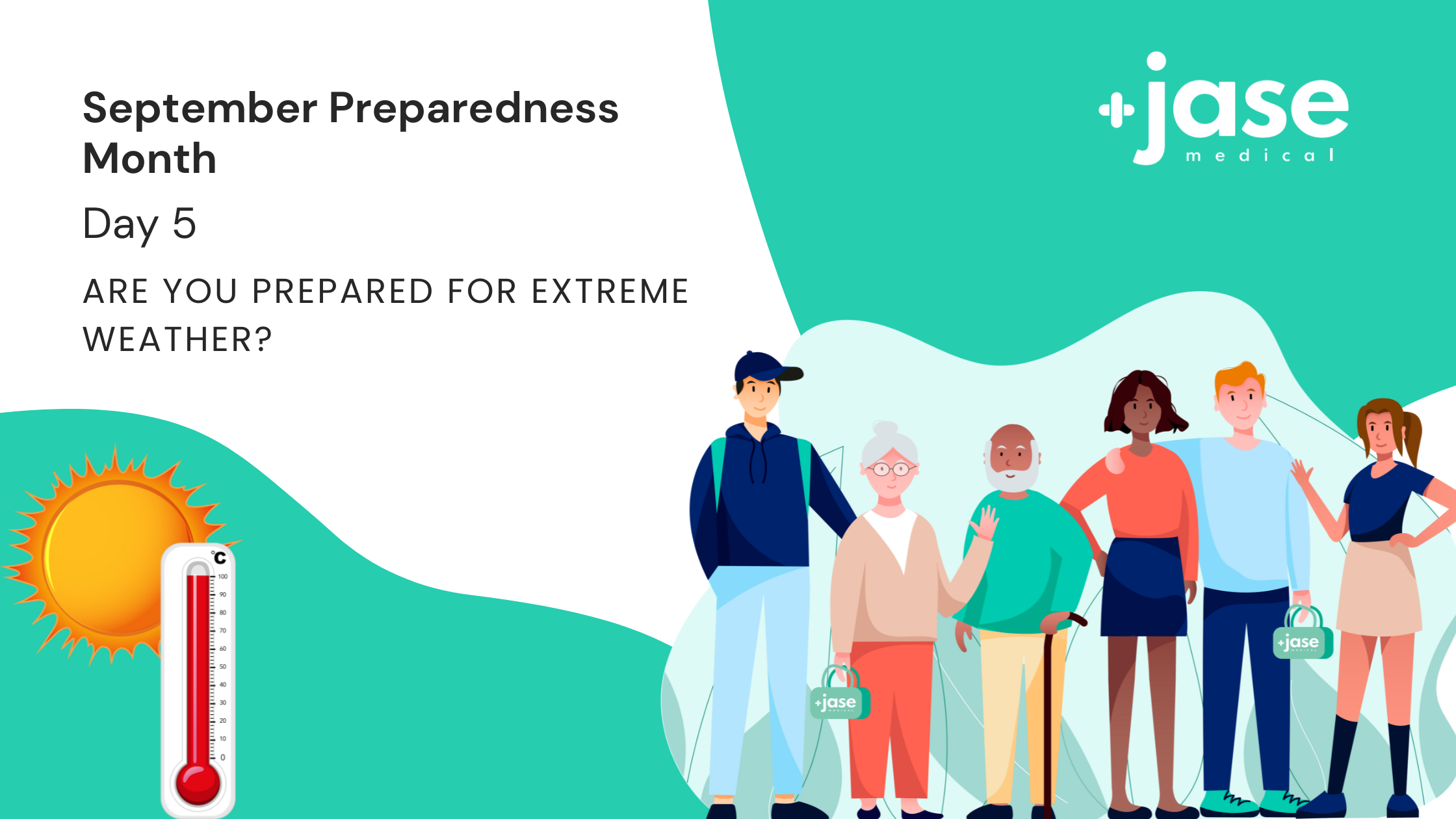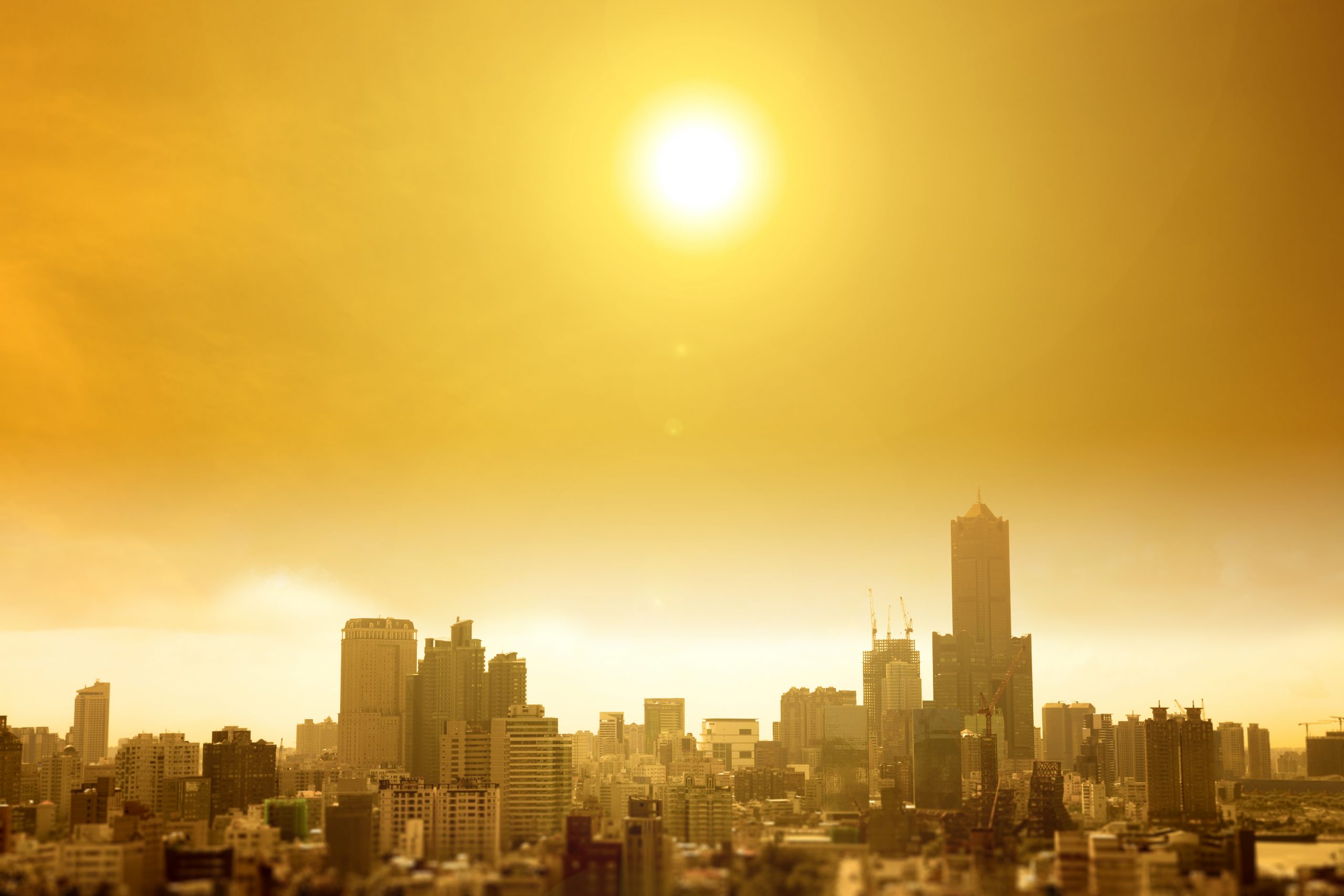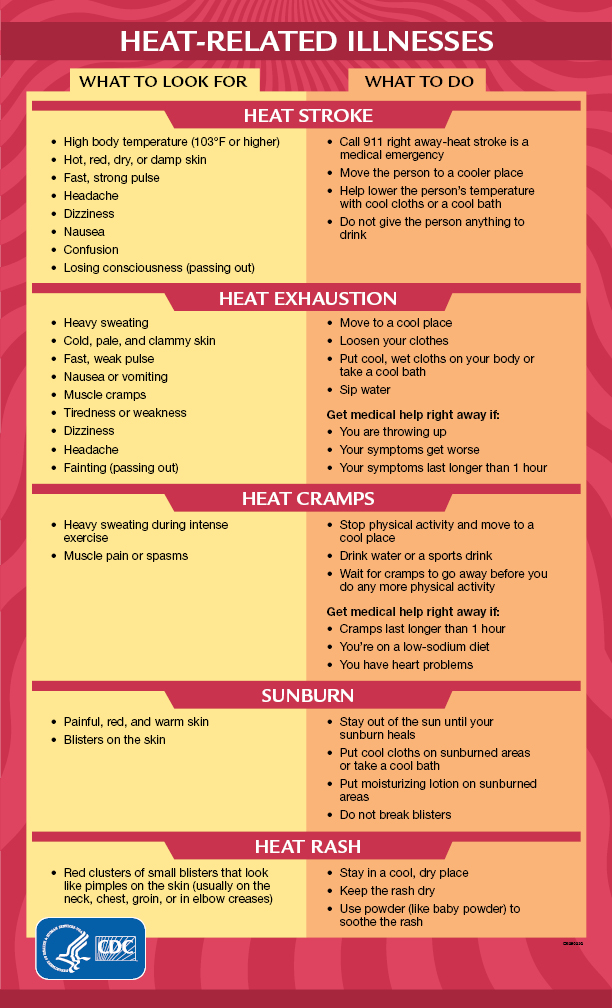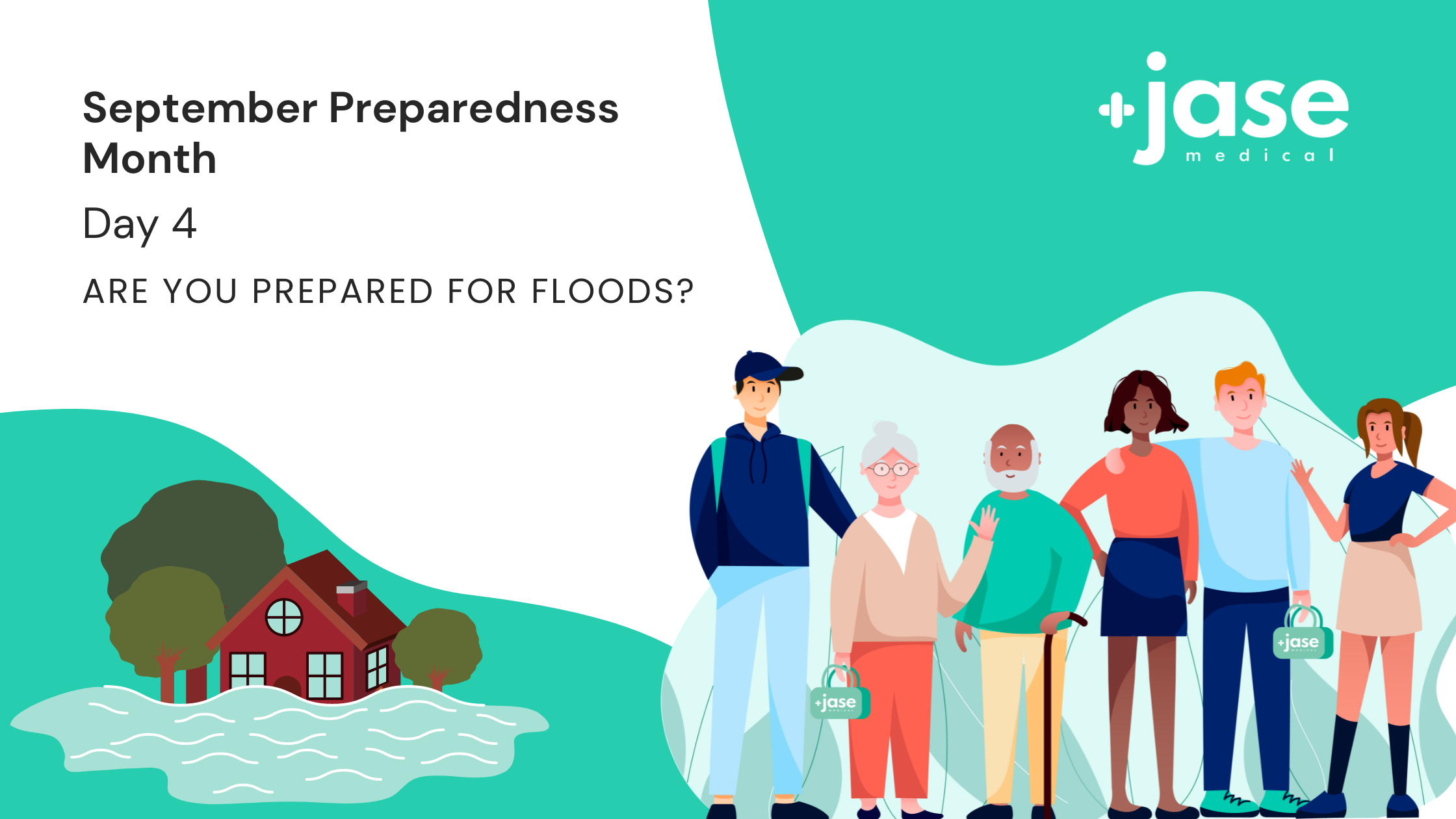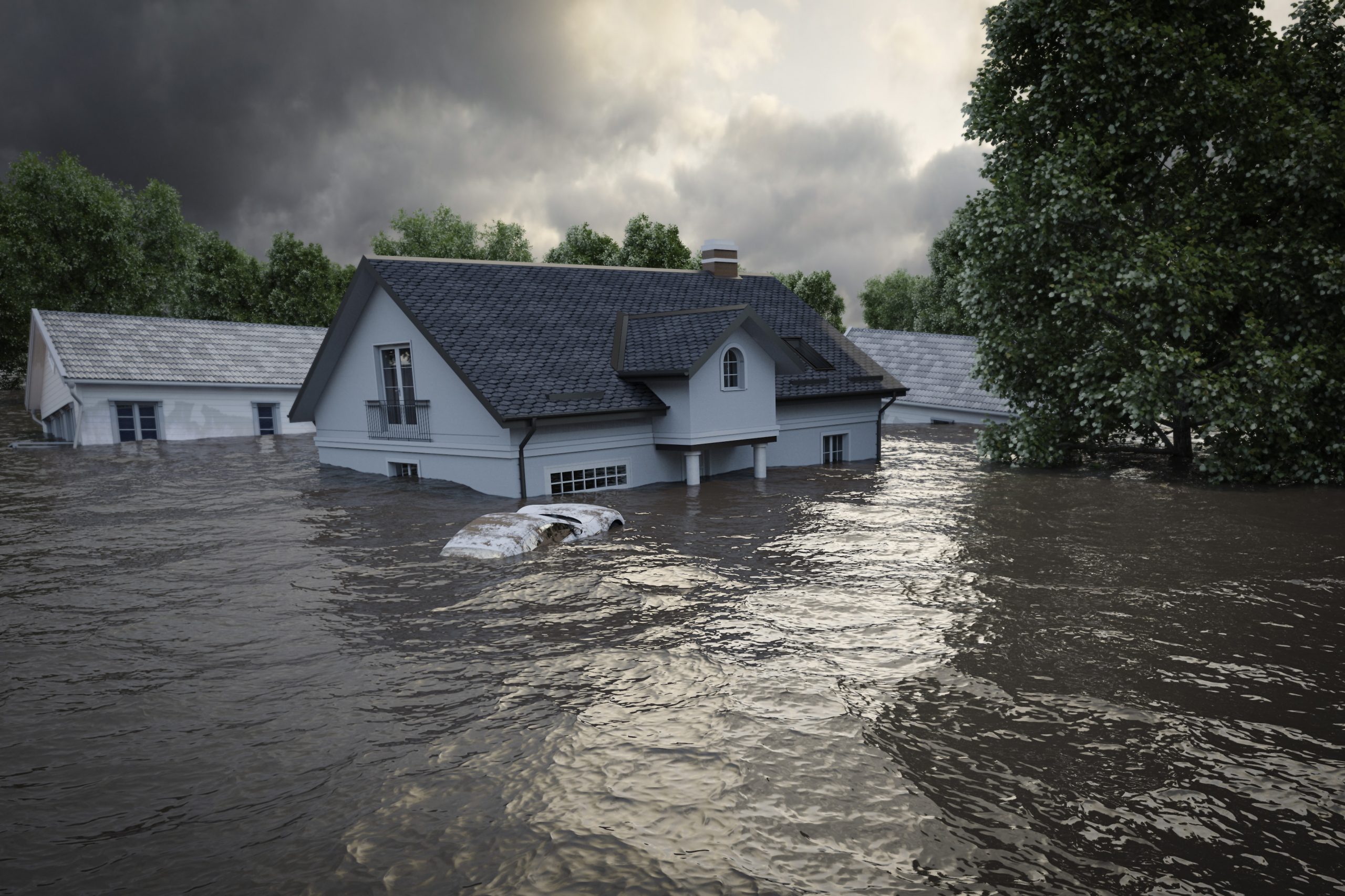If you’re considering Jase, chances are you’ve paused and thought, “This makes sense, but I still have a few questions.”You’re not alone. Here are the most common ones we hear, answered plainly. Is this really doctor-prescribed? Yes. Every Jase order is reviewed by a...
Are You Prepared For The Next Hurricane or Tropical Storm?
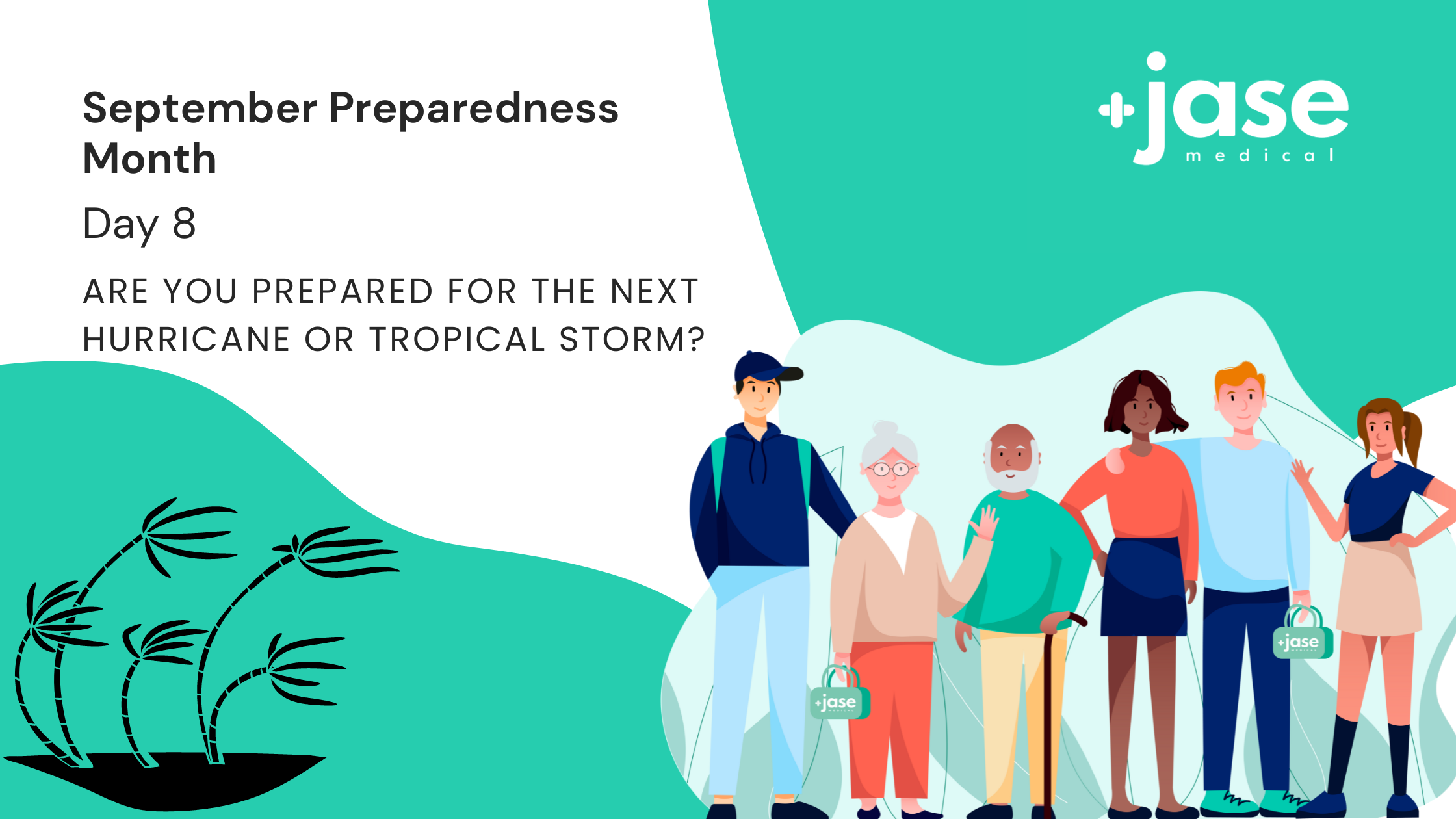

Hurricanes and tropical storms can have devastating effects on a community. Especially as storms continue to increase in intensity over the years, it is more important than ever to make sure you, your family, and your property are as prepared as possible. Hurricane season typically lasts from May or June to November 30th each year. So far in 2022, there have been a low number of storms and hurricanes, but the National Oceanic and Atmospheric Administration is still expecting an above-average Atlantic hurricane season.
Obviously, not all parts of the country are affected by hurricanes and tropical storms, but hurricanes don’t just affect coastal communities. They can cause damage hundreds of miles from the shoreline, so it is important to know if you live in or near a hurricane evacuation zone even if you aren’t right on the water.
- Make sure to visit this link to determine if you are in a hurricane evacuation zone
- Review and update your insurance policies appropriately
If you are in a hurricane evacuation area, it is important to develop an evacuation plan ahead of time so you know how to safely and quickly get to a safer location if needed.
- Plan where you will go and several routes to get there
- Locate nearest public shelter
- Have a bag of supplies ready for you and your family members
- Make a plan for your pets
Even if you plan to evacuate, it is still important to have supplies just in case you need to shelter-in-place or get through the aftermath of a storm when supplies and transportation could be limited.
- Make sure to have enough non-perishable food and water for each family member for a minimum of 3 days
- Have supply of prescription and common over the counter medications
Make sure to get your Jase Case and be prepared for emergency use situations if you cannot get to the doctor.
- Battery, solar or crank powered radio, flashlight, and phone chargers with extra batteries
- Working fire extinguishers, smoke alarms and carbon monoxide detectors
- Important documents like wills, medical information, insurance documents, identification, etc.
If you own a car, make sure it is ready incase you need to leave quickly. If you do not have a car, make sure to make arrangements with someone who does.
- Make sure to have a full tank of gas
- Move all vehicles inside a garage or shelter
- Visit ready.gov/car for information on how to prep your car and what supplies to keep in your car
Preparing your home is also an important step to take before a storm hits.
- Make sure to check local hurricane building codes to make sure you have
- Cover windows and doors with proper material
- Your garage door is the most vulnerable part of your house, so make sure it can withstand high winds
- Trim trees
- Secure outdoor items that cannot be moved inside or under a shelter
Take time to write down your evacuation plan. Know who issues evacuation orders in your area and other information that will be important in the event of a storm or evacuation. It is important to make sure all preparations are made ahead of time and not when a hurricane is approaching.
Depending on where you live, make sure to check on your neighbors as well. Especially if they are elderly or have special needs.
If you have loved ones in a hurricane area, please visit this link to find out how you can help in the event of a hurricane.
Visit the National Oceanic and Atmospheric Administration site for further information.
Lifesaving Medications
Recent Posts
Keeping you informed and safe.
FAQ: Our most commonly asked questions about Jase
Medical Readiness: What Really Kills First
When Disaster Strikes, It’s Not Hunger or Thirst That Takes the First Lives In every disaster zone, from hurricanes in the Caribbean to war zones in Ukraine, the pattern is the same. People worry about food and water, but it’s infection that kills first. A small wound...
Exploring Dr. William Makis’ Hybrid Orthomolecular Cancer Protocol: Focus on Ivermectin and Mebendazole/Fenbendazole
Exploring Dr. William Makis’ Hybrid Orthomolecular Cancer Protocol: Focus on Ivermectin and Mebendazole/Fenbendazole *Disclaimer: This article is for educational purposes and does not constitute medical advice. Always seek professional guidance.* In the evolving...




